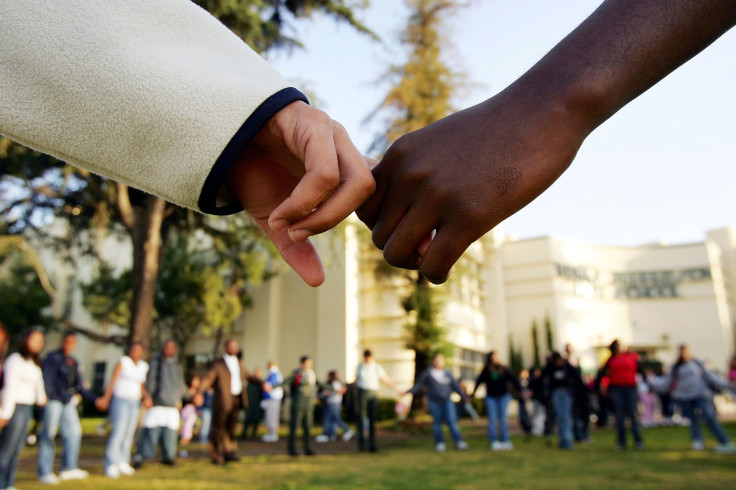Black, Hispanic Students Less Likely To Receive Mental Health Treatment Than White Students: Study

A new study has found that despite having a similar rate of mental health problems as white students, black and Hispanic students are less likely to receive proper mental health treatment, showcasing inherent racial inequalities that may be plaguing educational institutions.
The research, led by Dr. Lyndonna Marrast, then of the Harvard Medical School, was published in the International Journal of Health Services. It is based on information taken from the Medical Expenditure Panel Survey in which all the 50 states were covered, from 2006 to 2012. The researchers examined the data of children aged under-18 and young adults aged between 18 and 34.
The findings showed that Black and Latino children made 37 percent and 49 percent fewer visits to psychiatrists as compared to white children. When it came to visiting mental health professionals, the numbers were down by 47 percent and 58 percent for the respective minorities.
Amongst the young adults assessed, the difference was even starker — whites received about three times more outpatient mental health services than blacks and Hispanics. Similarly for substance abuse counseling, the rate for black young adults stood at about one-seventh of the rate for whites.
The gender factor played both ways with girls receiving less mental health care than boys amongst the children but women having more visits in the young adult cases.
Even though they were at the highest risk of imprisonment, black and hispanic young men had particularly low mental health visit rates. In reality, at least half of inmates suffer from mental illness and had been untreated at the time of arrest, according to Department of Justice data.
“The under-provision of mental health care for minority children contrasts starkly with the high frequency of punitive sanctions that their behaviors elicit,” wrote the authors, according to a press release.
“Black children suffer excessive rates of school discipline such as suspensions and expulsions starting at preschool ages. Minority teens also have disproportionate contact with the juvenile justice system, with higher arrest rates for nonviolent, low-level offenses such as drug possession, as well as for non-criminal misbehaviors such as truancy and curfew violations.”
The study showed that minorities, while being vastly overrepresented in the criminal justice system, were underrepresented when it came to receiving mental health treatment.
“[P]unishing people for mental illness or addiction is both inhumane and ineffective,” said Dr. Steffie Woolhandler, the study’s co-author. “The lack of care for minority youth is the real crime.”
© Copyright IBTimes 2025. All rights reserved.






















